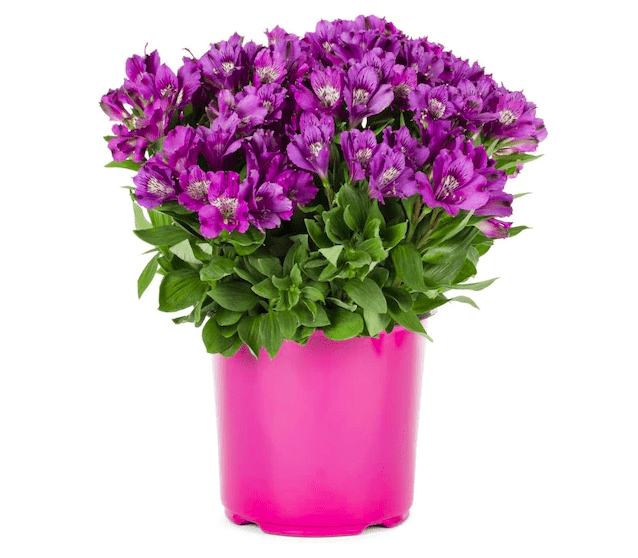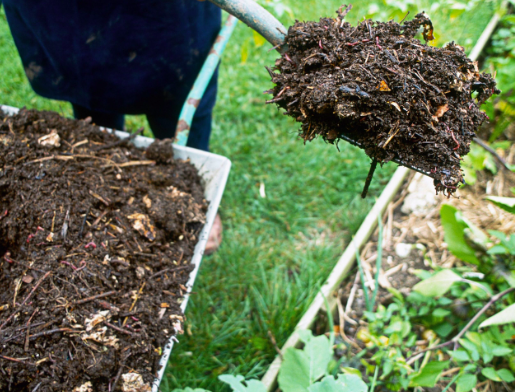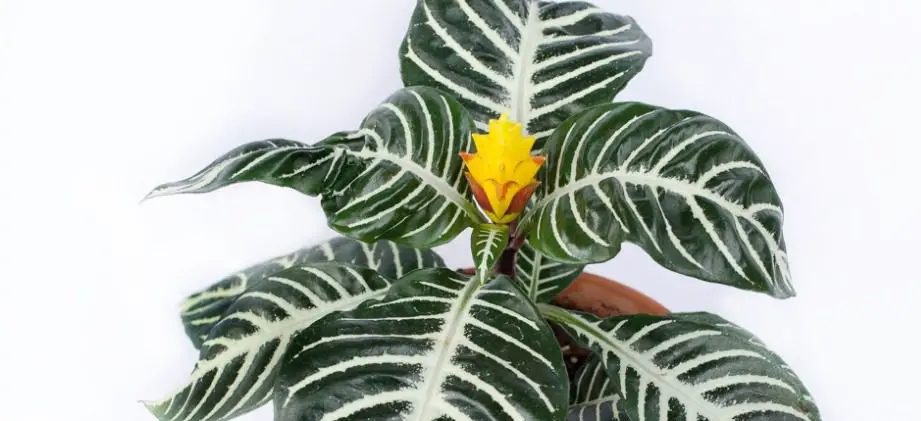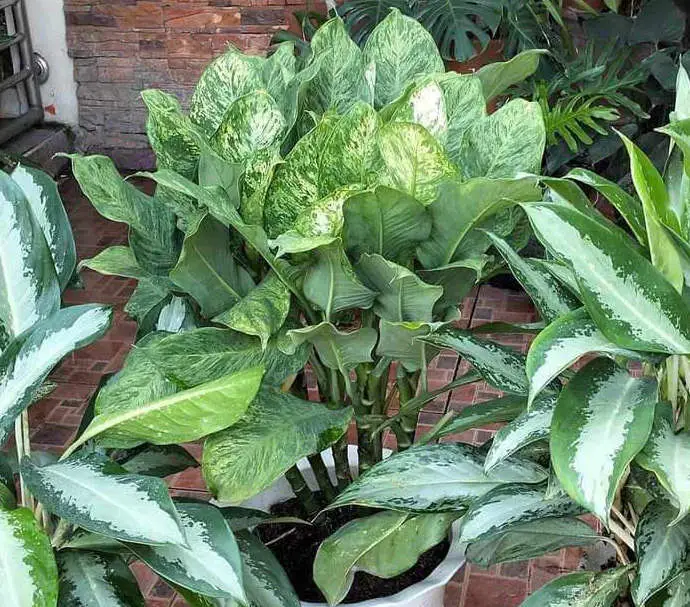If you’re the proud owner of an alstroemeria plant, you will want to take steps to overwinter them so that they will be blooming again next year. Failure to do this may result in your plant not surviving the winter.
In this blog post, we will discuss the best way to do this. Alstroemeria are beautiful flowers and they are worth the effort it takes to overwinter them!
Can Alstroemeria Be Overwintered?
Yes, if your alstroemeria is in a pot or container, they can be moved into a greenhouse or shed that is not heated. If you have a garage, that would work as well, as long as the temperature does not dip below freezing.
While it can be tempting to provide as much warmth as possible, using heaters and such, it is actually best to keep the temperature on the cooler side. This will help to prevent your plant from going into shock and suffering from heat stress.
If your alstroemeria is in the ground, you will need to take extra steps to protect the roots from freezing. This can be done by covering the ground around the plant with a layer of mulch, straw, or leaves. You may also want to provide protection by covering the plant with a tarp or cloth.
Simply applying a foot of mulch around the base of your plant will help to protect the roots and keep them from freezing. You can also use a cover made specifically for plants, such as a frost blanket.
When Should I Overwinter My Alstroemeria?
The best time to overwinter your alstroemeria is in late fall, before the first frost. This will give the plant time to adjust to its new environment and get used to the colder temperatures. So keep an eye on the weather and be ready to take action when the time comes!
Many gardeners make the mistake of waiting until the first frost to move their plants indoors. This is a mistake because the plant will already be stressed from the cold and may not survive the move.

Will Alstroemeria Survive Frost?
While they are hardy perennials, alstroemeria plants are not frost-tolerant and are unlikely to survive if the temperature dips below freezing. If you live in an area with mild winters, you may be able to get away with leaving your plant outdoors. However, if there is any chance of frost, it is best to move your plant indoors.
A few of my friends have successfully kept their alstroemeria plants outside during mild winters with light frosts. But this is definitely the exception and not the rule. If you are going to take this risk, make sure you have a backup plan in case your plant does not survive.
Will Alstroemeria Flower in the Winter?
Alstroemeria tends to go dormant and will not flower during the winter months. However, moving the plant indoors to a warmer environment can sometimes mean that it will continue to flower throughout the winter.
It also depends on the variety of alstroemeria. Some varieties are more likely to flower in the winter than others. If you are hoping for winter flowers, it is best to choose a variety that is known to bloom during this time.

Should I Prune Overwintered Alstroemeria?
Alstroemeria plants can get leggy in the winter as they die back. This is normal and you should not worry about it. In fact, many gardeners recommend pruning back overwintered alstroemeria in early spring. This will help the plant to produce more flowers later in the season.
Conclusion
In conclusion, overwintering alstroemeria is a great way to keep your plant alive and healthy during the winter months. Just be sure to take the necessary steps to protect your plant from the cold and you should have no problem! Thanks for reading and good luck with overwintering your alstroemeria!
Do you have any tips for caring for alstroemeria during the winter? Share them in the comments below!
Tim is an avid gardener from the UK. He was the founder of PlantCarer.com from 2021 to Sep 2023. He sold PlantCarer.com to Aaron. He has since started his own business called Seed To Supper, which provides new gardeners all the materials you need in a box (pots, seeds, compost and instructions) to grow your own delicious and nutritious vegetables and herbs from start to finish – no garden required.






0 Comments